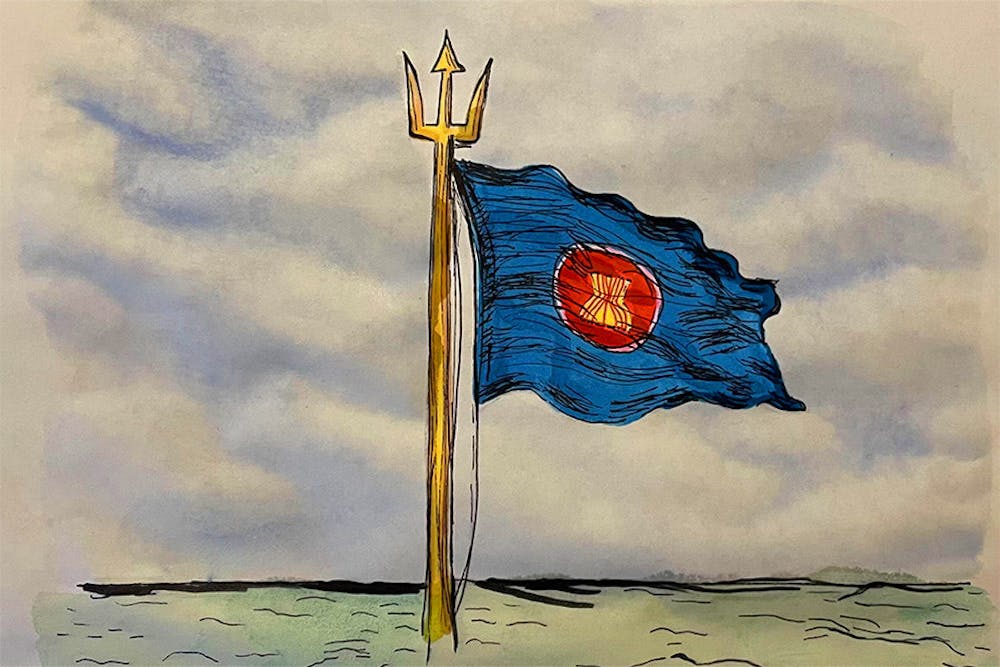The University is partnering with the U.S. State Department to establish a new center between the U.S. and the Association of Southeast Asian Nations (ASEAN) focused on strengthening the international relationship between the U.S. and Southeast Asian nations.
The new center in Washington D.C. will involve ASU as a part of the school's continued commitment to expanding academic opportunities across Southeast Asia and the broader Indo-Pacific region. Over 1,200 students participated in the educational exchange in Arizona in 2021.
ASEAN, an alliance of 10 member states in Southeast Asia, and the U.S. first developed a partnership in 1977, committed to further connecting the economic, political and social cultures of the two regions. Their charter specifically advocates for democracy, market economies and a "nuclear weapon-free Southeast Asia."
ASU has been working within ASEAN member states for over ten years, many of these initiatives centering around technology and innovation. Juliane Schober, the director of the Center for Asian Research, said there is an emerging focus around artificial intelligence and continued technological advancements.
"In light of the very recent, ongoing and imminently future developments in artificial intelligence, I think a bunch of the collaboration also has to do with AI and cyber security," Schober said.
Read More: ASU scores top innovation spot for the ninth year in a row
Bridgette Her, a sophomore studying economics and the vice president of the Southeast Asian American Student Association, said the new center makes her feel recognized.
"I think in particular this will benefit the Southeast Asian community because it brings representation for us, because we tend to be misrepresented a lot," said Her. "ASU is a very influential school, and with this influence it can bring a lot of hope."
Since 2002, the U.S. has provided over $13.6 billion in aid to the Southeast Asian region, making the U.S. the largest investor to ASEAN's member states, which represent the fourth-largest economic market globally, according to the U.S. State Department.
Lily Salazar, a freshman studying global management, said the investment ASU has made into Southeast Asia is mutually beneficial and supports more students.
"Hopefully the Southeast Asian community can feel a little bit more represented here at ASU," Salazar said.
Edited by Shane Brennan, Angelina Steel and Grace Copperthite.
Reach the reporter at sherman7@asu.edu and follow @SophiaaHerman on X.
Like The State Press on Facebook and follow @statepress on X.




